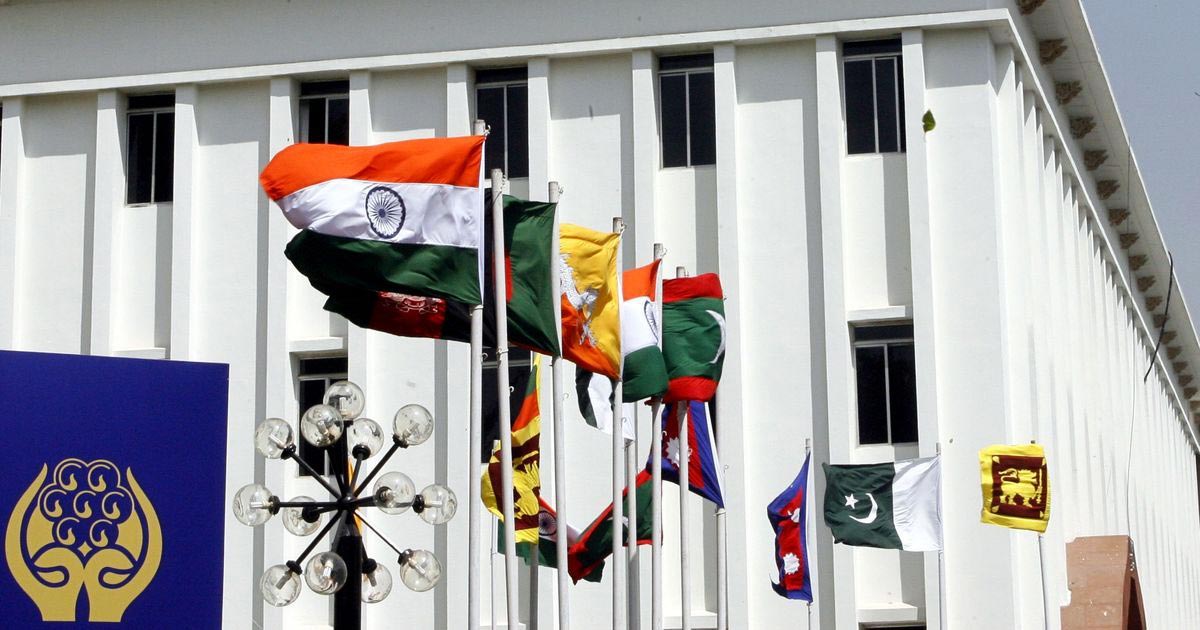
by Rajesh Ranjan 28 December 2019
The global politics in the present scenario, is witnessing the rise of populist leader as well as populist policies. Such rise of populism has posed the threat on the existence of the Constitution and its ability to survive during the crisis. The history of south Asia has the mixed taste of democratic resilience, it has witnessed both tumultuous and varied relationship with the Constitutional democracies. Pakistan and Nepal has frequently changed regime, Pakistan has a military regime, barring a few times of democracy while Nepal has monarchy for significant time before it became the youngest multi-party democracy, along with Bhutan, Myanmar and Maldives. India and Srilanka is relatively more stable democracy but currently both these countries are expressing a serious concern of constitutional resilience, Particularly the current Indian regime is posing the Serious challenge to the existence of one of the world’s best Constitution. In this short piece I am going to analyze why this a serious concern for Constitutional thinker to reconsider this situation as an alarming stage for the Asian region.
WHY POPULISM POSES A THREAT TO CONSTITUTIONAL DEMOCRACY
Mattias Kunm argues that the populist challenge to constitutional democracy is systematic because it takes aim at all of the core features of Constitutional democracies, as opposed to one targeting one of those features in isolation from the others. It rejects the idea of a responsible opposition, working of an impartial institutions like Courts, and bureaucracies. Populist considers that those who are not democratically elected don’t have right to oppose the democratically elected people’s representative and their policies. The recent trends in Indian politics has shows that the ruling Indian leaders treat their rivals as enemies, intimidate the free press, or influence it in one or other way. The recent introduction of amendment in Unlawful Assembly prevention act which gives exorbitant power to the state agencies to classify anyone as “ terrorist”, the challenge to the constitution’s survival extends when state legally excludes the one particular minority through the Citizenship Amendment act, when people of a republic rejoices over the extrajudicial killing and moreover when dissent is suppressed in the name of anti- national element. The survival of a democratic constitution also depends on the percolation of democratic spirits in its citizens and the faith of the people in the democratic system. The institutional crackdown of democracy by suppressing the voice of dissent and narrowing the scope of deliberation put the democratic sprit in vulnerable state. The recent report of Civicus among 196 countries has remarked the Indian democracy into the repressive state, due to wide contestation of fundamental right, exclusion of civil space, falling economies, and economic democracy.
MESSAGE FROM THE INDIA’S NEIGHBOURHOOD
The recent conviction of Pervez Mushraff in the Pakistan and undermining the faith in the judicial institution, by passing derogatory remarks by the army personnel reveals another institutional crisis in the Pakistan. Pakistan being a deep state is also a major concern for democratic assertor or believer in the Constitutional democracy, across the globe. It is to be noted the pessimistic message is also not coming from other south Asian countries. The gross violation of human right in Myanmar and the looming refugee crisis in the region due to its failure to coordinate with Bangladesh also puts the democracy and people’s right at stake. The evidence from India’s Southern neighbor Sri lanka also suggests illiberal tide which rejects the constitutional provision. In Sri lanka in December 2018,where Ranil Wickremensinghe was reinstated as Sri lanka prime minister 51 days after he was controversially fired by president Maithripala Sirisena. President Sirisena had replaced Wickremensinghe with former president Mahinda Rajapaksa and had even dissolved the Sri lankan parliament. This move made by elected representative acting on its whims and fancies is clearly in contravention to the 19th constitutional amendment of Srilankan constitution which stipulates that the president can not dissolve parliament till completion of four and a half years of its tenure. The Sri lankan experience has also reveals the role of judiciary as vanguard of the Constitutional rights and democracy as in the case of Srilanka its Supreme court uphold. The southwest of Sri lanka Maldives an island Country has also paved the way for new enlightenment for Constitutional democracy in South Asia when its People rejected the president Abdul yameen for his anti-democratic policies to curb the opposition institutionally.
CONCLUSION AND THE ROAD AHEAD
South Asia has a Classic history of Challenges and revival. World’s first democracy in Licchvi, to inspiring colonial struggle of India, and Bangladesh liberation, all has marked a significant traits of survival of Constitutional democracies in the region. The vigilant Citizen, informed voter and Civil societies set the stage for people’s participation in a democracy. Therefore there is no any iota of doubt that this is an alarming stage but the onus of the strengthening the democracy lies on the people , its people who can make the democracy participative and working of constitution efficient.
